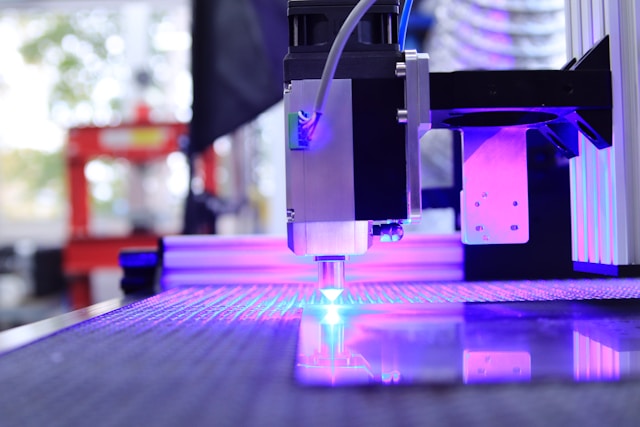When it comes to providing exceptional care and support to elderly residents in skilled nursing facilities and long-term care centers, the significance of a well-structured resident welcome program cannot be overstated. These programs play a crucial role in creating a warm and inviting atmosphere for new residents, helping them acclimate to their new surroundings, and facilitating a seamless transition into their care journey.
Below are some of the numerous benefits of resident welcome programs and why they are an indispensable aspect of any reputable care facility.
Creating a Sense of Belonging and Comfort
The first few days in a new environment can be daunting for elderly individuals who have moved into a skilled nursing facility. A well-designed resident welcome program offers a sense of belonging and reassurance during this vulnerable period. By organizing personalized introductions to staff members, fellow residents, and essential amenities, new residents can quickly establish connections, alleviating feelings of isolation and anxiety.
Additionally, a thoughtful welcome package with essential information about the facility, its services, and daily activities can empower new residents to navigate their new surroundings with confidence.
Enhanced Communication and Information Exchange
Effective communication is the cornerstone of quality care in any healthcare setting. A resident welcome program encourages open channels of communication between staff, residents, and their families. Regular orientation sessions and meet-and-greet events provide opportunities for staff to understand the unique needs and preferences of incoming residents.
Likewise, new residents and their families can voice any concerns or queries, ensuring that their expectations align with the facility’s offerings. This exchange of information allows for personalized care plans to be formulated, leading to more tailored and compassionate support for each resident.
Promoting Independence and Autonomy
A resident welcome program can be designed not only to provide a warm reception but also to promote resident independence. By conducting facility tours and familiarizing residents with daily routines, residents are encouraged to participate actively in decision-making processes.
When residents feel empowered and included in their care planning, they gain a sense of autonomy, which can lead to improved self-esteem and mental well-being. This emphasis on independence fosters a positive atmosphere in the facility and contributes to a higher quality of life for all residents.
Strengthening Community Bonds
A cohesive and vibrant community within a skilled nursing facility can significantly impact residents’ emotional and physical health. Resident welcome programs play a pivotal role in creating an environment that encourages social interactions and the development of lasting friendships.
Social activities, group meals, and icebreaker sessions allow new residents to integrate seamlessly into the existing community. Additionally, long-term residents who actively participate in welcoming newcomers often experience a sense of purpose and fulfillment, which enhances their own emotional well-being.
Improving Resident and Family Satisfaction
A well-executed resident welcome program not only benefits new residents but also leaves a positive impression on their families. Families often experience emotional stress and concern during this period of transition. A comprehensive welcome program that addresses their queries and keeps them informed can alleviate anxiety and instill confidence in the care facility’s professionalism. High levels of resident and family satisfaction are indicative of a well-managed and compassionate facility, ultimately contributing to positive word-of-mouth referrals and an enhanced reputation in the community.
As care facilities continue to focus on person-centered approaches, investing in a resident welcome program becomes a key strategy in delivering exceptional care and support to our elderly population.






